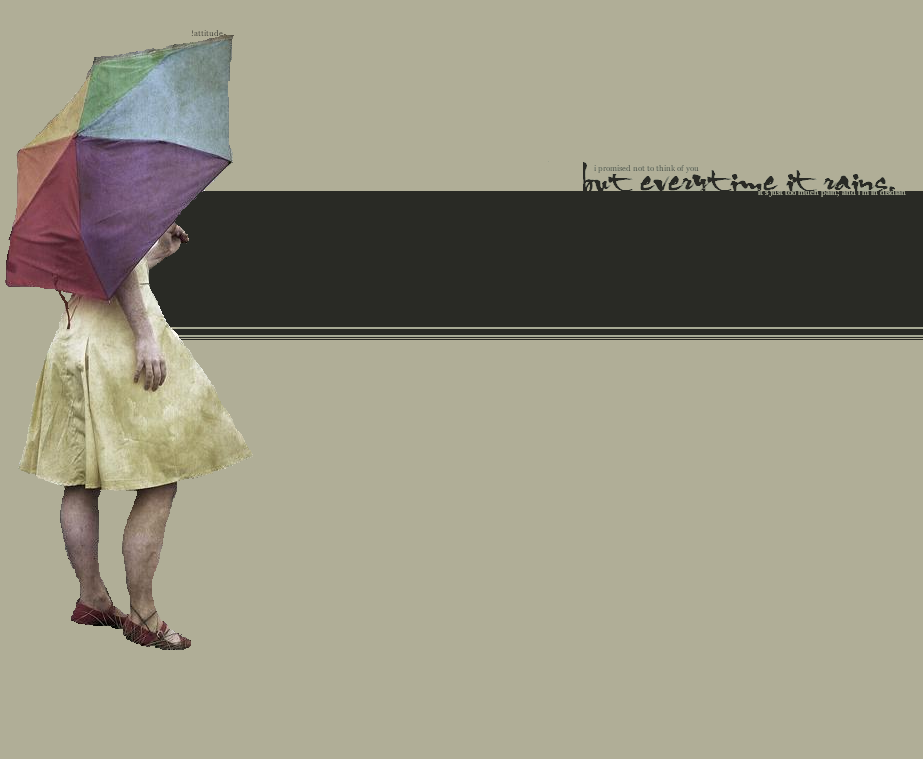yihaa! just bought 2 new books yesterday ;) and i've finished one. but the other one is kinda "old-people-book" so it must be take a long time to finished. now concentrated to vote for ss501 as the best fan club! the poll will closed tonight. aww! i thought it will be closed tomorrow :x
well ; the first book is :
The Way to Live Forever
 Ways to Live Forever is the diary/scrapbook Sam compiles during the last two months of his life. Reading it is less like reading a novel than watching an exceptionally brilliant TV documentary. The text is punctuated by ephemera: drawings, tickets, and especially lists. Lists not only of those eternally unanswerable questions, but also of facts. Sam likes facts. He believes, touchingly, that they are the opposite of questions.
Ways to Live Forever is the diary/scrapbook Sam compiles during the last two months of his life. Reading it is less like reading a novel than watching an exceptionally brilliant TV documentary. The text is punctuated by ephemera: drawings, tickets, and especially lists. Lists not only of those eternally unanswerable questions, but also of facts. Sam likes facts. He believes, touchingly, that they are the opposite of questions.
A different kind of list gives the book its structure. "List No. 3: Things that I want to do" ranges from the entirely reasonable ("Go up down-escalators and go down up-escalators"), via the barely achievable ("Ride in an airship"), to the impossible ("Go up in a spaceship and see Earth from space"). I don't want to give away the plot, but I have to say that all these wishes are granted, one way or another.
Killing children is something that writers indulge in from time to time. It's a high-risk business. If the crime is aggravated by mawkishness, the penalties can be severe. Passing sentence on Dickens, Oscar Wilde famously asserted that "One must have a heart of stone to read the death of Little Nell without laughing." In seeking to evade the charge of sentimentality, other writers have been sententious, offering pseudospiritual comforts, such as death being part of "a cycle" of some sort. (It is almost a rule, these days, that in children's literature death has to be presented as life-affirming, or even life-enhancing.) Beyond all this, of course, is the reasonable suspicion that killing children is the easiest way for writers to squeeze their readers' tear ducts. A surprising number of us think that a good cry is an essential part of a good read.
Knowing all this, as she obviously does, Sally Nicholls has been either courageous or reckless to write, as her first novel, the story of a boy who dies of leukaemia. And she would seem to have made matters even more difficult for herself by writing in the first person, which means, among other things, that her narrator cannot be around to write the last scene. Does she get away with it? Yes, she does. She knows what the traps are, steps into them, and steps out again unscathed.
In all first-person narratives the voice is, obviously, everything. Sam's is the voice of an unexceptional boy transformed by the enormity of what awaits him, and getting it to ring true is a hugely impressive achievement. I should mention (through gritted teeth) that Nicholls was only 23 when she wrote Ways to Live Forever. Her publishers have very high hopes for her, and on the strength of her debut they seem entirely justified. This is an elegant, intelligent, moving and sometimes even funny book. Young readers (and brave parents, and teachers) will love it.
credit : http://www.guardian.co.uk/
and the second book is :
NEXT

Next has plenty of ideas and discussions on the moral and financial implications of human genetic engineering, but none of them add up to a cohesive and involving story. The chapters are short and crisp, some moments even thrilling, but it’s hard to care where the story is going when there are so many thinly thought-out plots and characters.
With a more straightforward and focused approach, Crichton could have created a sharp literary science fiction thriller. One of the most intriguing ideas in Next involves the dilemma of humans stubbornly declaring their right to free will while desiring to blame their mistakes on genes (which ironically disregards free will if we merely act a certain way simple because it’s in our genetic makeup). This idea could have then been shaped around the story involving Alex and her son fleeing cross-country because a court system has ordered that a biotech firm has a right to their genes (regardless of Alex’s choice) so they can manufacture a potentially million dollar cure for cancer.
With his previous works and a few tidbits in Next, Crichton has proven he has the ability to write compelling science fiction with intelligent hypotheses and authentically human characters. Next is just proof he wasn’t born with those genes – he still has to choose to write that way.
credit : www.bestsellers.about.com
well, the second book such a "hard" book, right? lol. my sis told me ; "mesti yoh tiap kali ke toko buku ini. kamu beli novel2 'berat' ; aku beli komik *FYI, SHE IS MY OLDER SISTER* terus titi beli buku pengetahuan" LMAO.
arghh the vote page is really slow right now! T^T okay, i'll concentrated voting now.
ttyl, ctrul
Labels: books, ss501












